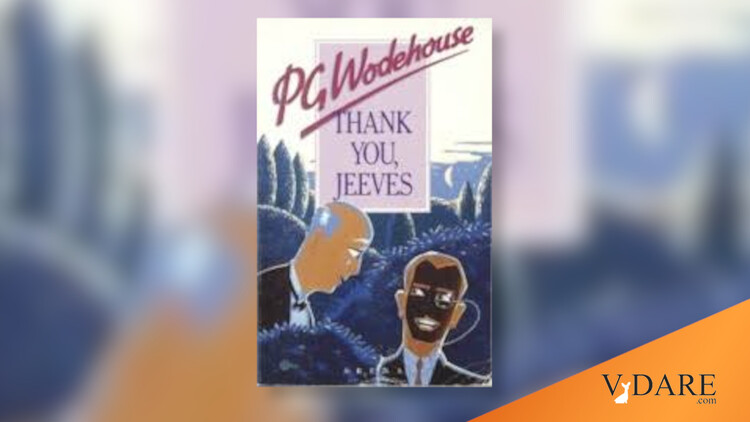
Bowdlerizing Woolf And Wodehouse — Destroying The White Literary Past
07/08/2023
I can’t say I’m a Virginia Woolf fan. No, I’m not afraid of Virginia Woolf, I just find her novels — well, the two that I've tried over the decades — uninteresting. I didn’t finish either, and have retained no memory of them.
That didn’t prevent me experiencing a tremor of indignation on reading, in the July 2nd Daily Mail, that her 1927 novel To the Lighthouse will henceforth, at any rate for American readers, come with a trigger warning.
Yes; this new edition has a preface containing the following disclaimer, quote:
This book was published in 1927 and reflects the attitudes of its time. The publisher’s decision to present it as it was originally published is not intended as an endorsement of cultural representations or language contained herein.
This is not a new thing. Last year Vintage published a new edition of Hemingway’s 1926 novel The Sun Also Rises with a similar disclaimer.

It’s part of a trend. Earlier this year we learned that the works of P.G. Wodehouse, author of the Jeeves & Wooster books, have not only had disclaimers attached but in some cases have been bowdlerized. From the June 11th Daily Mail:
A note in the reissue of Thank You, Jeeves explained that publishers “sought to edit, minimally, words that we regard as unacceptable to present-day readers”.
(Thank You, Jeeves features Bertie Wooster blacking his face to disguise himself as one of a troupe of what the super-formal Jeeves refers to as “Negro minstrels” — other characters use a less formal expression.)
That word “bowdlerize,” you may or may not know, commemorates Thomas Bowdler, an English gent whose dates are 1754 to 1825. In the early 19th century Bowdler published edited versions of Shakespeare’s plays, versions in which, he promised that “those words and expressions are omitted which cannot with propriety be read aloud in a family.
Please note the following.
- Bowdler had children in mind, not adult readers”.
- At the time he bowdlerized them, the plays were over 200 years old; not, as is the case with Woolf and Hemingway, less than one hundred years old, or, as with some of Wodehouse, less than seventy years old.
- Nobody today reads Bowdler’s versions. His entire enterprise is widely considered to have been … silly.
